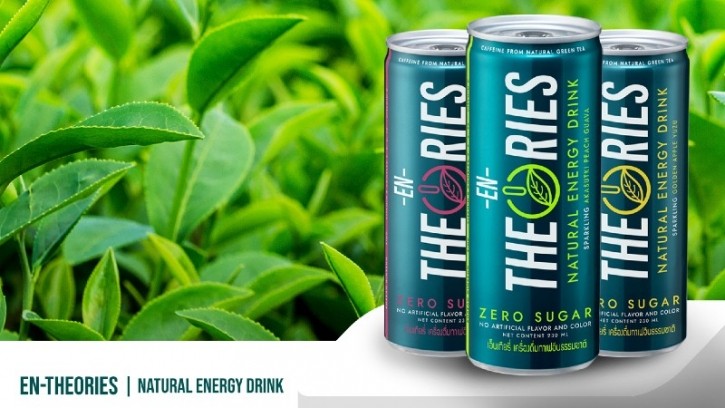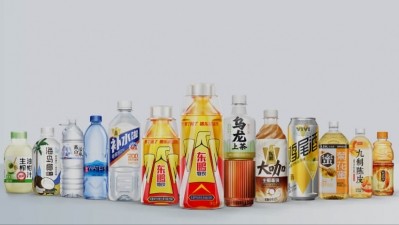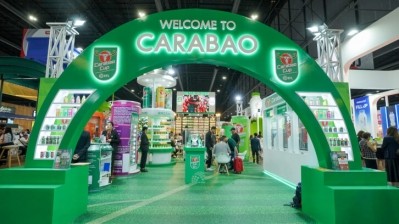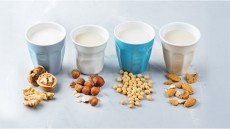Energy education: En-Theories highlights APAC consumer aversion towards ‘energy drinks’ as major challenge for sector

EN Theories utilises green tea caffeine and red Korean ginseng as the main energy-boosting ingredients in its energy drink line-up, claiming these herbs have enabled its products to be a much healthier alternative to conventional energy drink products.
“Most energy drinks in the market currently are highly chemical from the caffeine to the taurine to the colours and flavours used,” En-Theories’ parent company In D Mood For Herb Managing Director Thanayos Wongkomet told FoodNavigator-Asia at the recent ThaiFex 2024 show in Bangkok, Thailand.
“En-Theories was conceptualised as a full natural option that can boost health and energy naturally, using deep research into Asian herbs as we want to use 100% Asian herbs only – hence the caffeine from green tea, and the red Korean ginseng.
“The drinks also have vitamins B and C to supplement health, and L-theanine to mitigate any side effects from caffeine such as heart palpitations or shaking.”
The En-Theories range has been launched in three flavours – Apple Yuzu, Peach Guava and Lychee Citrus.
“Our flavour combinations have also been carefully selected to be both sweet and sour, as our market research has shown that catering to just one single flavour component is often felt to be not appetising or appealing enough,” he said.
“Right now we are in most modern trade in Thailand and also in talks with Singapore, Malaysia, Indonesia and South Korea – Singapore in particular is a very important target market as many consumers here understand the concept of natural energy boosts.”
Wongkomet also described the current energy drinks sector as one with a major paradox in play, where many consumers in this region are keen to seek out healthier beverages for health reasons – but automatically pull back once they hear the term ‘energy drink’ despite being told this is an all-natural alternative.
“There can be no doubt that health and wellness is a big thing now and many consumers want healthier choices, in beverages this means no-sugar or functionality, and this applies to the energy drinks sector as well,” he said.
“The thing is that natural energy drinks are still a very new concept in this region, and many consumers tend to have a barrier when they hear the term ‘energy drink’ as they are all familiar with and immediately relate this to the chemical products.
“So for us we have had to put a lot more effort into feeding consumers with more information on these new products, sometimes having to explain each and every one, so there is clearly so much more education that we need to do to bypass that barrier in the industry.”
Oligopoly onslaught
In addition, En-Theories faces intense competition from major energy drink brands in the Thai market, where the current market leaders are Red Bull and Carabao.
“The energy drink market in Thailand is pretty much an oligopoly market, and in order to penetrate this we are well aware that we need a very careful strategy,” he said.
“At this time, we are constantly clarifying our position – in that we are the energy drink for the health conscious, and also that our focus is on natural herbs with Asian origin, a factor we also expect to play an important role when competing with new energy drinks coming in from western markets that use herbs and ingredients from that region.”


















